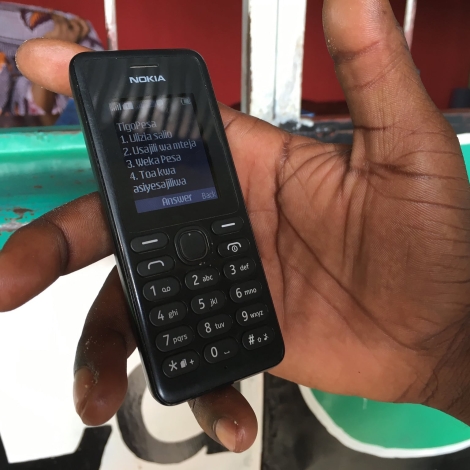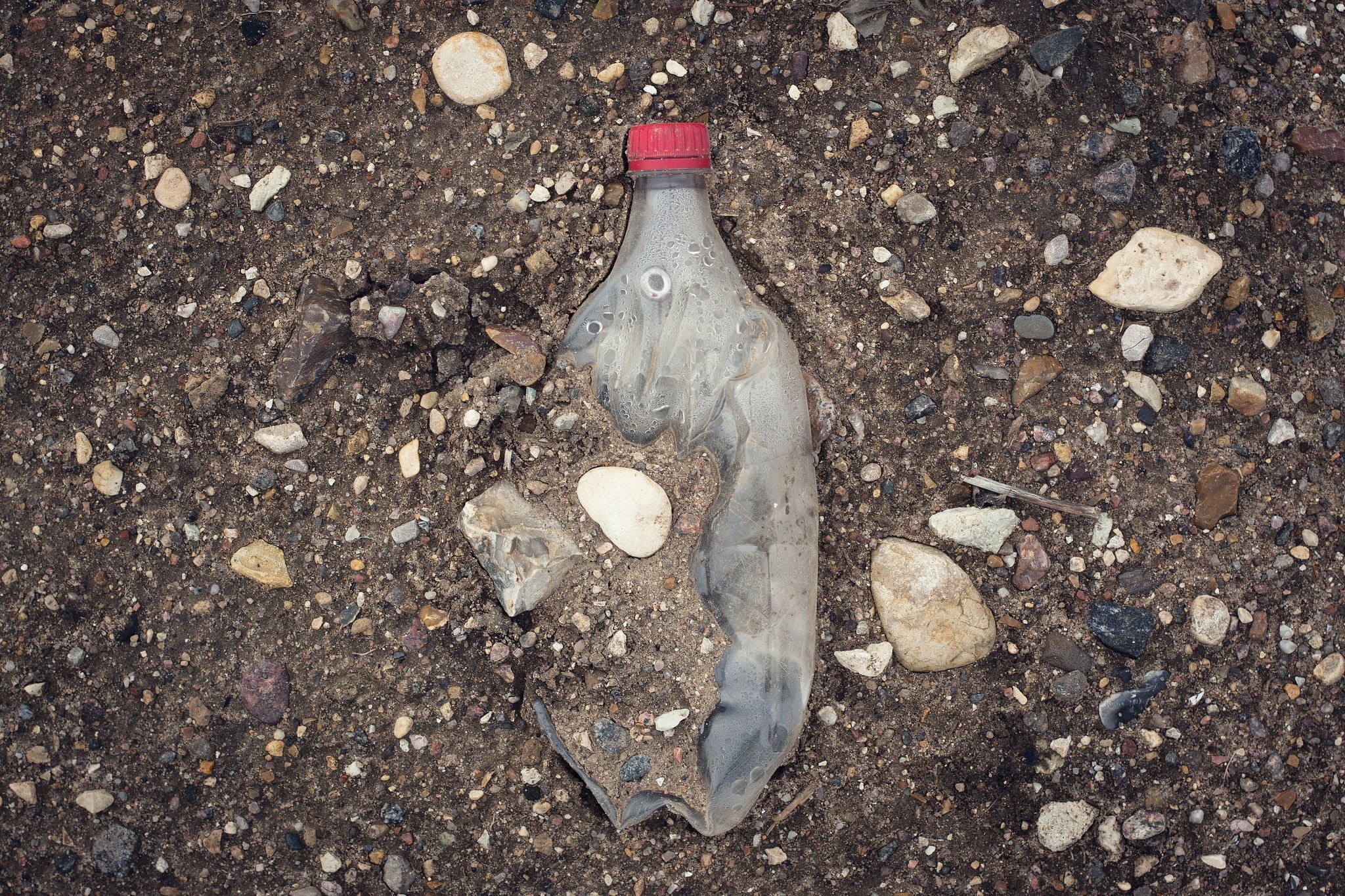Two billion people in the world don’t have a bank account. But that doesn’t mean they don’t use money similarly to people who do.
Wes Wasson, founder of financial tech startup DreamStart Labs, witnessed firsthand the relative sophistication of informal financial networks while he was working in microfinance in West Africa. With no commercial banks in many rural villages, women create their own, called village savings and loan associations. They pool their savings, appoint treasurers, hold community meetings, and issue small loans to each other. One woman’s successful repayment of that money benefits the entire group.
Village savings and loan associations aren’t technologically sophisticated. In most cases, loans are logged and tracked on paper, and money is stored in a lock-box in one member’s home. They are, however, successful. The development non-profit organization CARE, which has helped found more than 200,000 village savings and loan associations around the world, estimates that loan repayment rates are 99 percent.
“Typical [village association] savings groups are doubling their income because every bit of interest goes back into the group,” Wes Wasson, DreamStart Labs
Wasson attributes this success rate to the intimate community aspect of these financial networks.
“They have a [high] level of social capital that you don’t see in typical microfinance institutions,” he says. He adds that their financials are “off the charts.”
“Typical savings groups are doubling their income because every bit of interest goes back into the group,” he says.
Wasson’s takeaway was that there is a good way to accelerate financial inclusion, but it isn’t necessarily to bring formal financial services to adults who don’t have access to them. Rather, a better starting point is helping to formalize the services they already use. That’s what DreamStart Labs, and specifically its DreamSave mobile application, aims to do.
DreamSave is an app that helps village savings and loan associations go digital. Through the app, the associations can issue and track mobile money loans, save repayment records and update members on their loan status. What’s more, the digital record keeping could eventually be used as a form of credit history that would give association members access to formal financial services.
“The type of funding we provide often comes at a critical time for these startups… They need enough to finish their prototypes and to test them,” – June Sugiyama, Director, Vodafone Americas Foundation
DreamStart Labs has been working with Project Concern International, a non-profit organization working to alleviate poverty, to pilot its app with village savings and loan associations in Tanzania. In that nation, Wasson estimates that as much as (USD) $1 billion is sitting in association lockboxes. DreamSave is still in the prototype stage—the fourth, to be exact—but Wasson’s hope, naturally, is that most of Tanzania’s informal community capital will eventually flow through the app within the next three years.
To help DreamSave get there, the Vodafone Americas Foundation recently awarded DreamStart Labs with a (USD) $100,000 grant as a winner of its Wireless Innovation Project. The project is an annual competition that provides seed funding for early stage startups using technology to tackle social issues. As the philanthropic arm of global telecommunications giant Vodafone, the foundation started the competition nine years ago. The impetus was the recognition that many technology-based startups needed funding to help them get through the research and prototyping stage and into the market.
“The type of funding we provide often comes at a critical time for these startups,” explains June Sugiyama, director of the Vodafone Americas Foundation. “They aren’t mega startup companies, so we’re not talking about millions of dollars [for each]. They need enough to finish their prototypes and to test them.”
Since launching the Wireless Innovation Project, Vodafone Americas Foundation has awarded millions of dollars in grants to 27 companies. Sixty-five percent of the competition’s winners have made it to market and have impacted more than 40 million lives. That 65 percent success rate compares to only about 25 percent in the traditional venture capital world, Sugiyama says, underscoring the importance of grant funding to help new technologies mature.
“We are also very choosy and frugal,” Sugiyama admits. “We find the organizations that work quickly but have full working knowledge of the groups of people and issues they’re trying to help… organizations [backed by] individuals like Wes [Wasson].”
Wasson agrees that “full working knowledge” is essential for technologies like DreamSave that are working to break the cycle of global poverty. He says one of the most common mistakes he sees among social technology startups is that they try to reinvent or impose ideas that are familiar to their founders.
“It’s easy for us to see all of the things that are wrong” in low-income communities, he explains. “We take a different approach. We try to find out what’s working and then figure out how we can help make that process more effective.”

